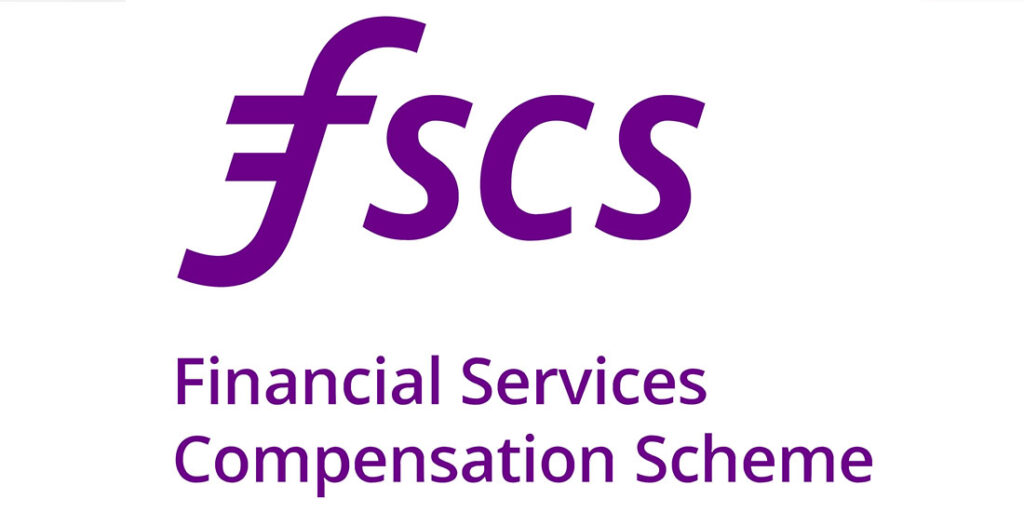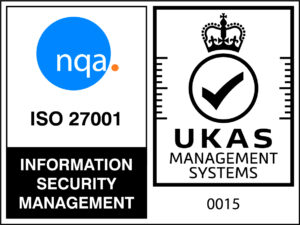
How To Buy a House in the UK?
Owning a home is everyone’s dream. However, buying a house means having to save more than you might have first thought. The one way to avoid any mishaps and nasty surprises down the line is to budget and understand the whole process of buying a house.
All the below is for information purposes only. Please always seek professional advice before acting.
We have created a step-by-step guide for buying a house which you can use as your checklist to becoming a homeowner.
- Decide if it is the right time for you to become a home owner
Although most people in the UK want to own their own home, it is not always the right move for everyone. There are a few things you must consider before deciding to buy a house. The most important one is, can you afford it? Also, it would be wise to sort out your finances, check your credit report, make sure you have the savings to pay for a deposit and ensure you can actually afford your monthly mortgage payments.
- You may need to sell first
If you already own a house but are looking to move, you will need to decide whether selling your house first would be an option for you or not. It may be riskier in a growing market but there are upsides to not being in a chain i.e. being a cash buyer can quite often mean you will secure a property over others who put in an offer but have a property to sell and you are able to move quickly if you have nothing to sell.
- Determine a budget
Make sure you have an estimate of how much you wish to spend. The estimate depends on the amount of deposit you can gather for the house. Also, keep in mind the ongoing and the one-off costs associated with buying a house.
These costs can add up to 15% extra and even more if you want to redecorate or rebuild.
- Have your finances in order
When buying a house, once you have decided on your deposit amount you then need to look at other aspects such as your savings, are there any funds from parents or grandparents and how much are you likely to sell your current property for. If you have a long-term savings deposit, then this might be the time to use it!
Another important thing to decide is what type of mortgage you want on your house. There are plenty of different options with mortgages so it is important to do your research to ensure you get the right one for you. If you want advice, then seeing a mortgage broker may be helpful. This way, you can go through the variety of mortgages available, and brokers can also help you if you have an unusual situation or you are self-employed.
- Decide on the location where you want to live
If you would like to continue living in the same neighbourhood, then there is not much to decide as you are already familiar with the neighbourhood. However, if you wish to move to a different town, then deciding on an area can be time-consuming.
So, try not to get it wrong. Otherwise, you can be stuck living in a place that you don’t even like. Instead, take your time to shortlist the potential areas where you would want to live and then visit each location a number of times at different times of the day so you can make an informed decision.
- Choose the property you like
Once you have decided on an area where you want to live, the next step would be to research the houses in that area and find a local estate agent.
Visit as many houses as you can and ask questions about the neighbourhood, schools, businesses etc. You can also do a lot of research online. Since you will potentially spend the rest of your life there, be sure you take your time with this.
Also, don’t forget to find out whether the property you like is leasehold or freehold.
- Make an offer on the house
You need to get yourself into the strongest position you can as a buyer. You must decide on a figure that you are prepared to pay for the house, including the fittings and fixtures and then get ready to make your offer.
- Get a mortgage
Ideally, you will have a mortgage in principle agreed before making an offer, as we mentioned in step 4. If so, once your offer has been accepted you can go to your lender and start the buying process.
- Find a conveyancer or a solicitor
Once the offer on the property is agreed upon, you must get a conveyancer or a solicitor to handle all the legal work of buying the house.
Your mortgage company and/or estate agent may well suggest some solicitors that are on their panel for you to use but you do not have to choose one of these, although it can sometimes be quicker if you do as they will have a good working relationship with them.
After getting a few quotes for solicitor fees, you will need to decide which one you are going to choose and then start the process. The solicitor will undertake all necessary searches and obtain all relevant paperwork to ensure your house move happens as smoothly as possible.
- Get a property valuation
Your mortgage company will require a surveyor’s valuation to ensure the house is in good condition to lend against. However, this will not be a full structural survey but this is something you can pay extra for.
The full survey will evaluate the condition of the house and will identify any potential issues you could face once you move in. Even though this survey is a choice, it is a good idea to get it done.
- Time to submit the deposit
Before you exchange contracts, you have to pay a 10% deposit and this will be done through your solicitor.
- Exchange of contracts
When the exchange of contracts happens, you become legally bound to purchasing the house. If for any reason, you pull out after the exchange, you will lose the 10% deposit that you submitted. Therefore, remember to exchange contracts only once you are 100% happy with everything.
In addition, before exchanging contracts, you need to decide on a day for completion with your seller, usually about four weeks after the exchange happens. Also, the exchange of contracts can only happen after your solicitor is satisfied with their searches, you have the formal mortgage offer and the 10% deposit has been paid.
Don’t forget to apply for adequate buildings insurance for your new home, which you must have in place at exchange of contracts, as you are committed to completing. Please seek advice to ensure you have the correct amount covered, such as covering VAT on reinstatement insurance is sometimes missed out. Nevertheless, upon completion, taking adequate Insurance will usually be a condition from the mortgage company.
- Final negotiations and arrangements
There may be a few final bits to sort out prior to the day of completion such as whether the seller is leaving any furniture or fixtures and fittings etc. Next, you will need to think about the supply of water, gas, SKY, Digital, telephone service, and electricity as you will need this to be transferred to your name.
Your solicitor will arrange for the land registry to transfer ownership of the property upon completion and will communicate with the mortgage lenders to confirm that the money is ready for completion.
- Completion of sale
To complete the sale of property, all funds need to be transferred between all solicitors in the chain. This process can take a number of hours depending on how many people are in the chain but this is usually complete by early afternoon. Once you have received confirmation of completion, the house is yours!
- Time to move in!
Upon completion, the seller will have to leave the house and you can collect the keys, usually from the agent. You can then move in or do the rebuilding work before you move in if needed.
All the above is for information purposes only. Please always seek professional advice before acting.
* Capital is at risk and Kuflink is not protected by the FSCS. Past returns should not be used as a guide to future performance. Securing investments against UK property does not guarantee that your investments will be repaid and returns may be delayed. Tax rules apply to IF ISAs and SIPPs and may be subject to change. Kuflink does not offer any financial or tax advice in relation to the investment opportunities that it promotes. Please read our risk statement for full details.













